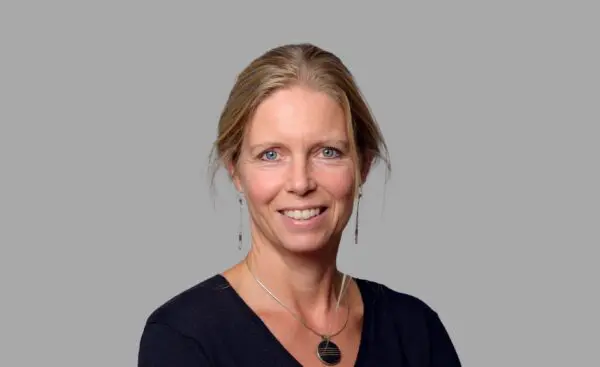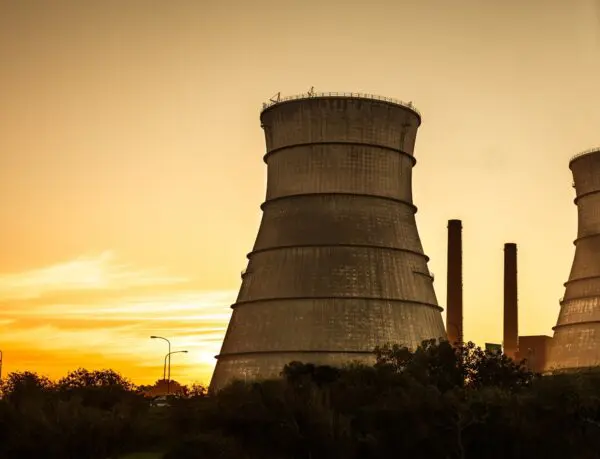Uganda is developing a Nuclear Power Programme (NPP), for which a Strategic Environmental and Social Assessment (SEA) was conducted. The Netherlands Commission for Environmental Assessment (NCEA) reviewed the SEA at the request of Uganda’s Ministry of Energy and Mineral Development. The purpose is to assess the quality of the process, information, and report for improved decision making and capacity building of the Ministry.
The NCEA concludes that the current SEA provides valuable information for environmentally sound planning for Uganda’s Nuclear Power Programme, but lacks strategic depth, transparency, and inclusiveness. The main shortcomings can be summarised as follows:
- The SEA lacks a clear justification in terms of a description of the strategic foundation of the NPP and a record of decisions underpinning, and motivation for the application of SEA to the NPP.
- Several impact areas and key components of the NPP have not been sufficiently assessed. These are: uranium mining, nuclear fuel resources development, milling and reprocessing, decommissioning nuclear facilities, disposal and management/storage of spent fuel and other radioactive waste and associated infrastructure (roads, powerlines, etc.).
- A preferred site seems to have been selected before SEA completion, undermining the SEA process and its role in decision-making.
- Alternative options for siting have not been evaluated and compared using consistent or transparent criteria.
- Climate change risks related to the NPP are insufficiently addressed.
- Cumulative impacts, also considering necessary wider infrastructure, are not systematically assessed.
- There has been limited (documented) engagement with stakeholders, and it is unclear how feedback is integrated. No information is provided on engagement with neighbouring countries.
- The SEA is not publicly available, contrary to best practices and both IAEA (International Atomic Energy Agency) and NEMA (National Environmental Management Authority) guidelines.
The following environmental and social issues are inadequately addressed:
- Water stress and climate risks
- Biodiversity and critical habitats
- Social baseline data
- Land acquisition and displacement, and Livelihood restoration strategies
- Ecosystem services and community dependence

